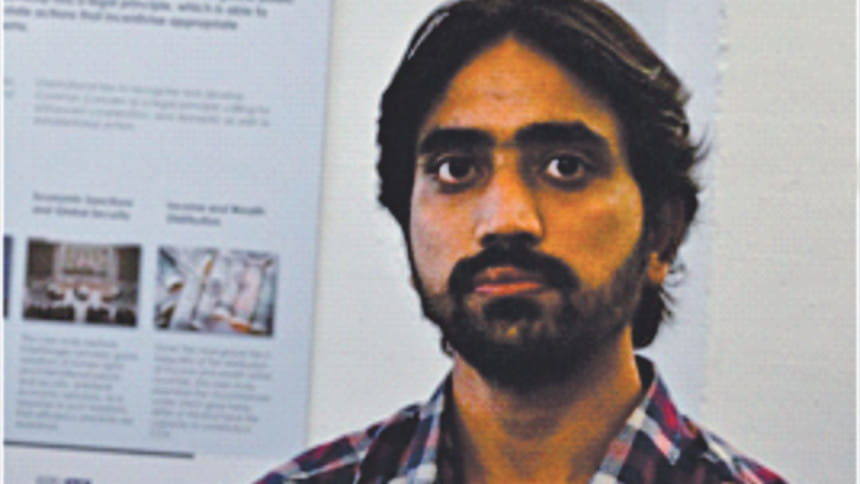Discovering Switzerland and Bangladesh: Two different perspectives

Switzerland and Bangladesh have strong bilateral ties in the areas of development cooperation, economy and culture. Nevertheless, the people of the two countries often do not know a lot about each other. We interviewed two young people from both countries – a Bangladeshi who is currently pursuing higher studies in Switzerland and a Swiss who is working in the development sector in Bangladesh – to find out their impressions and experiences about the other country.
Zaker Ahmad is Bangladeshi. In 2013, Mr Ahmad went to Switzerland for his master's degree. He is now pursuing his PhD there.
What was your experience when you went to Switzerland for the first time?
I was living in the German part of Switzerland where people mostly speak Swiss German. I had to overcome a language barrier. However, people were very friendly. When I passed by strangers in the streets they would greet me with a “grüezi” (hello), though it took me some time to understand what this word meant.
Did you face any difficulty during that time?
Getting to know the food and my way around the city was a challenge. Transport and communication systems are good, so people are very independent and it is not common to ask or take help from anyone. After some days, I could get my bearings and became independent too. The food here is more diverse and very different from Bangladesh.
What do you think about the Swiss cuisine?
Switzerland made me “addicted” to its cheese. Bread and cheese are now staples for me. The typical Swiss dishes are very heavy; I have heard that is because Switzerland was a predominantly agrarian society in the past. By the way, this is something unique about Switzerland where traditional lifestyle still goes hand in hand with modern lifestyle.
Angela Bommer is Swiss. She is currently working in Bangladesh for the Swiss Red Cross.

Did you discover a new passion, like a hobby or a sport here in Bangladesh?
I like the works of famous Rabindranath Tagore and other contemporary novelists and poets in Bangladesh. Since I moved to Bangladesh, I have read many books and I have also started to write myself, feeling inspired by all the literature and poems. However, many books are still only available in Bangla.
Which aspect of Bangladesh surprise you the most?
The richness and the diversity in culture surprised me. Depending on which part of the country you go, you will find a completely different Bangladesh. Every corner has its own cultural highlights and specialties.
In your opinion, what could the Swiss learn from the Bangladeshis?
I feel that people in Bangladesh are very resilient. They may face many difficulties in their daily life (tremendous traffic, heavy rain, etc.) but somehow most of the people deal with it in a very positive way and can cope well with it. For example, if Swiss people had to face such traffic jam on a daily basis, I cannot even imagine the consequences.

 For all latest news, follow The Daily Star's Google News channel.
For all latest news, follow The Daily Star's Google News channel. 



Comments